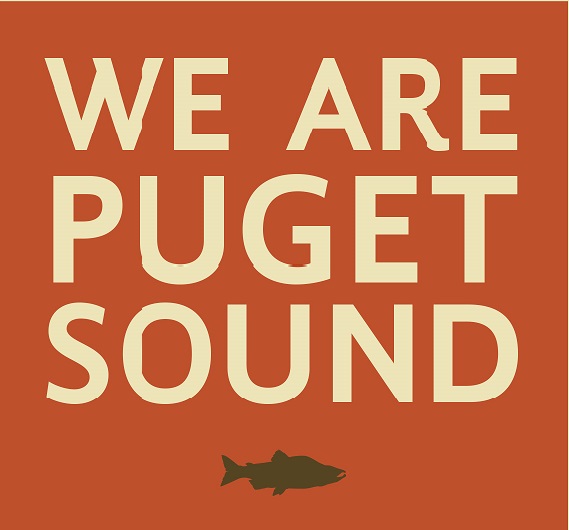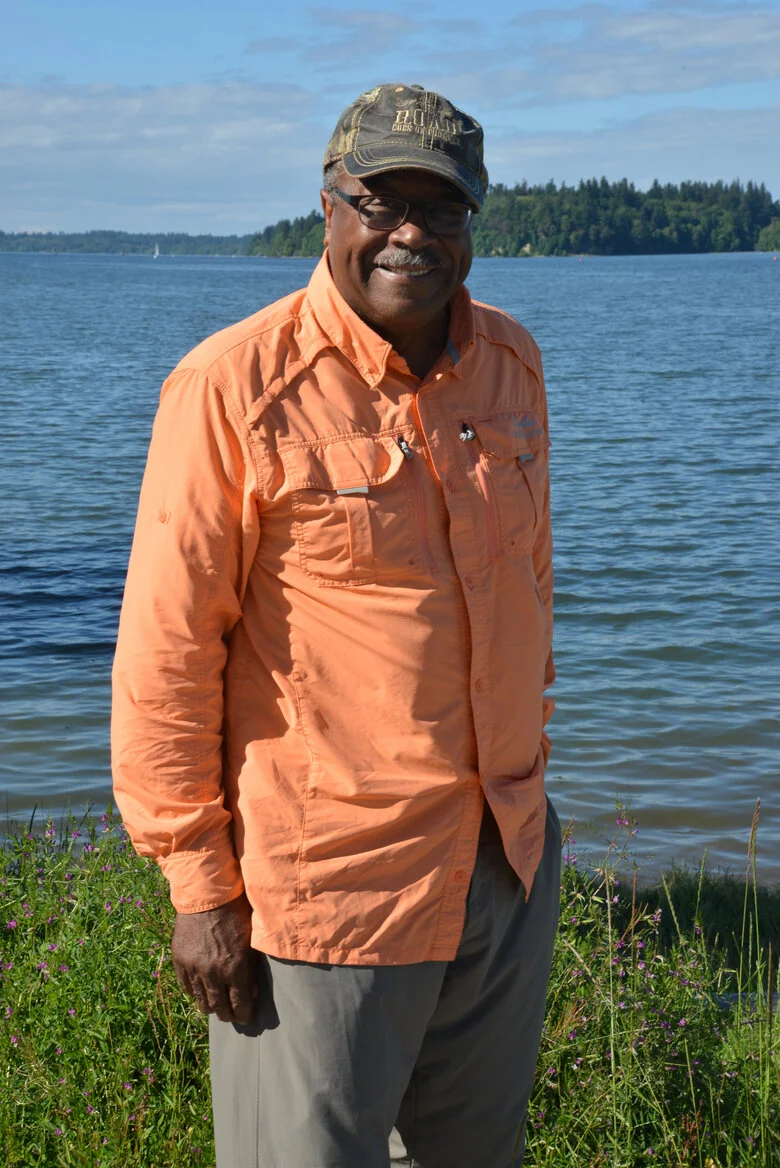As a self-described cowboy from southern Idaho sagebrush country, Les Purce has never ceased to be amazed by Puget Sound, starting with his first visit while he was an Army Reserve Officer Training Corps cadet at Fort Lewis, just south of Tacoma.
On a late summer weekend in 1968, he and some of his ROTC buddies obtained a weekend pass and drove south for the Olympia Brewery tour. “We dropped down into the Nisqually delta, and the view took my breath away,” he says. “You looked out into the bay of the southern Puget Sound. The delta was so beautiful.” That unforgettable first exposure to the Sound occurred while Les was a senior at Idaho State University, working on his bachelor’s degree in psychology. He went on to earn a doctorate in education. In 1989, Les returned to Washington State for the long haul. For several years, he was vice president and interim president at The Evergreen State College, which occupies a forest along three thousand feet of Puget Sound shoreline at the west edge of Olympia. The school has a national reputation for offering programs in sustainability and environmental stewardship. After five years at Washington State University as an executive, he was recruited back to Evergreen in 2000, serving as its president for fifteen years before retiring.
In 2018, Governor Jay Inslee signed an executive order making it a state priority to protect and recover the Southern Resident killer whale population. Even though the orcas have been listed for protection under Canadian and US endangered species laws, the population declined from ninety-five in 1995 to seventy-four in 2018. As part of the executive order, Inslee created the Orca Recovery Task Force, appointing Les Purce and Stephanie Solien as co-chairs to lead representatives of nearly fifty government entities , native tribes, coalitions, and industry groups with an interest in the inland sea.
According to federal and state agencies, the primary threats to the resident orcas are declines in chinook salmon and other fish prey; the presence of toxic contaminants (particularly in stormwater runoff) in the Sound; and the disturbance from vessel noise and traffic. The task force was charged with recommending strategies to resolve the survival threats to the orcas.
Les believes education of Puget Sounders, and those who visit the Sound, must play a central role in recovering the orca. “It’s essential that we build a coalition of people who are serious about figuring out strategies to increase orca food sources, and about coming to agreement on how we will live with the orcas,” he says. “More importantly, we have to reverse the impacts of all the toxics that are in the Sound. The orcas, and how we all experience the Sound, are really at risk. We have to sustain the orcas, and in the process sustain us.”


